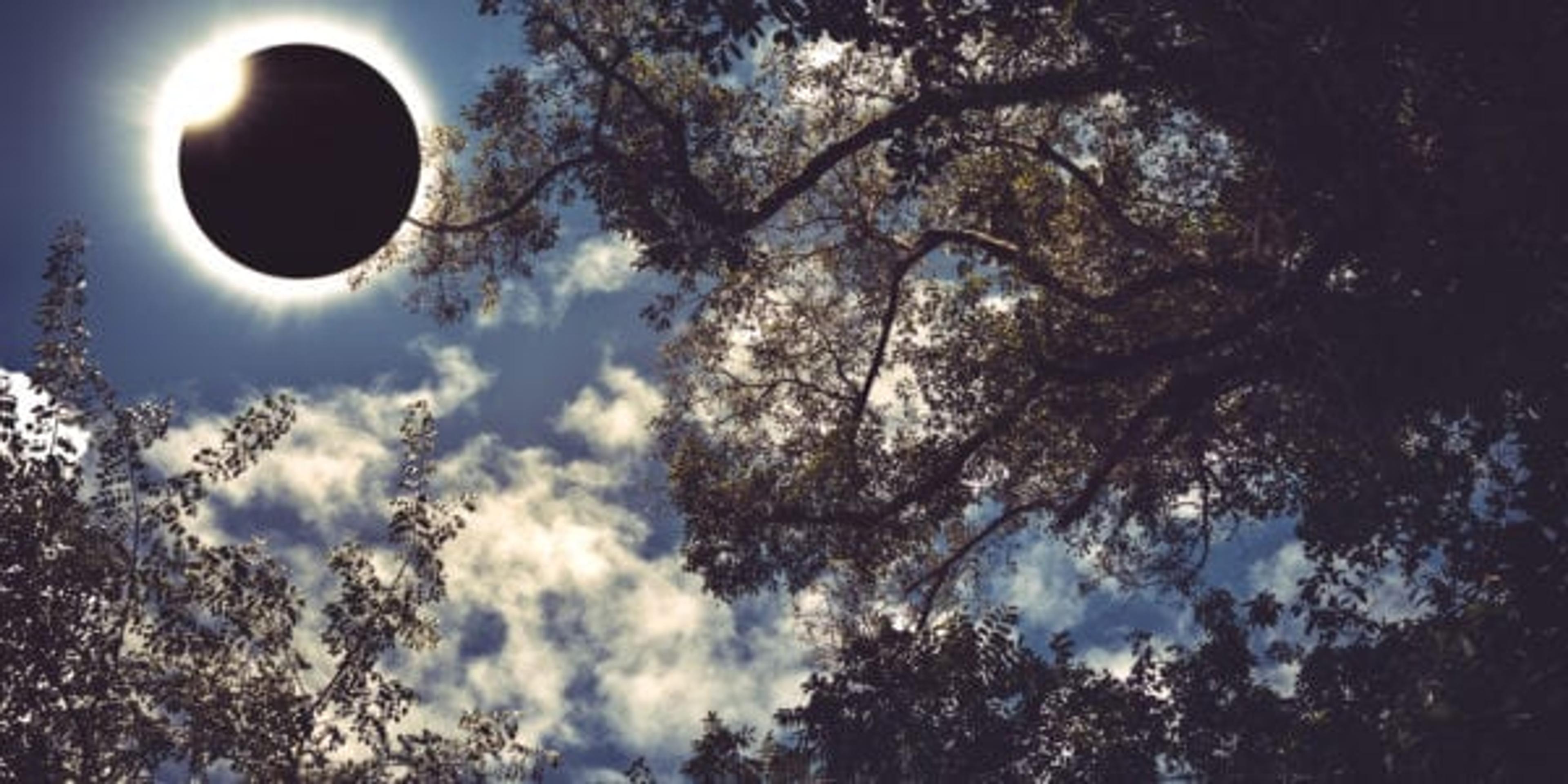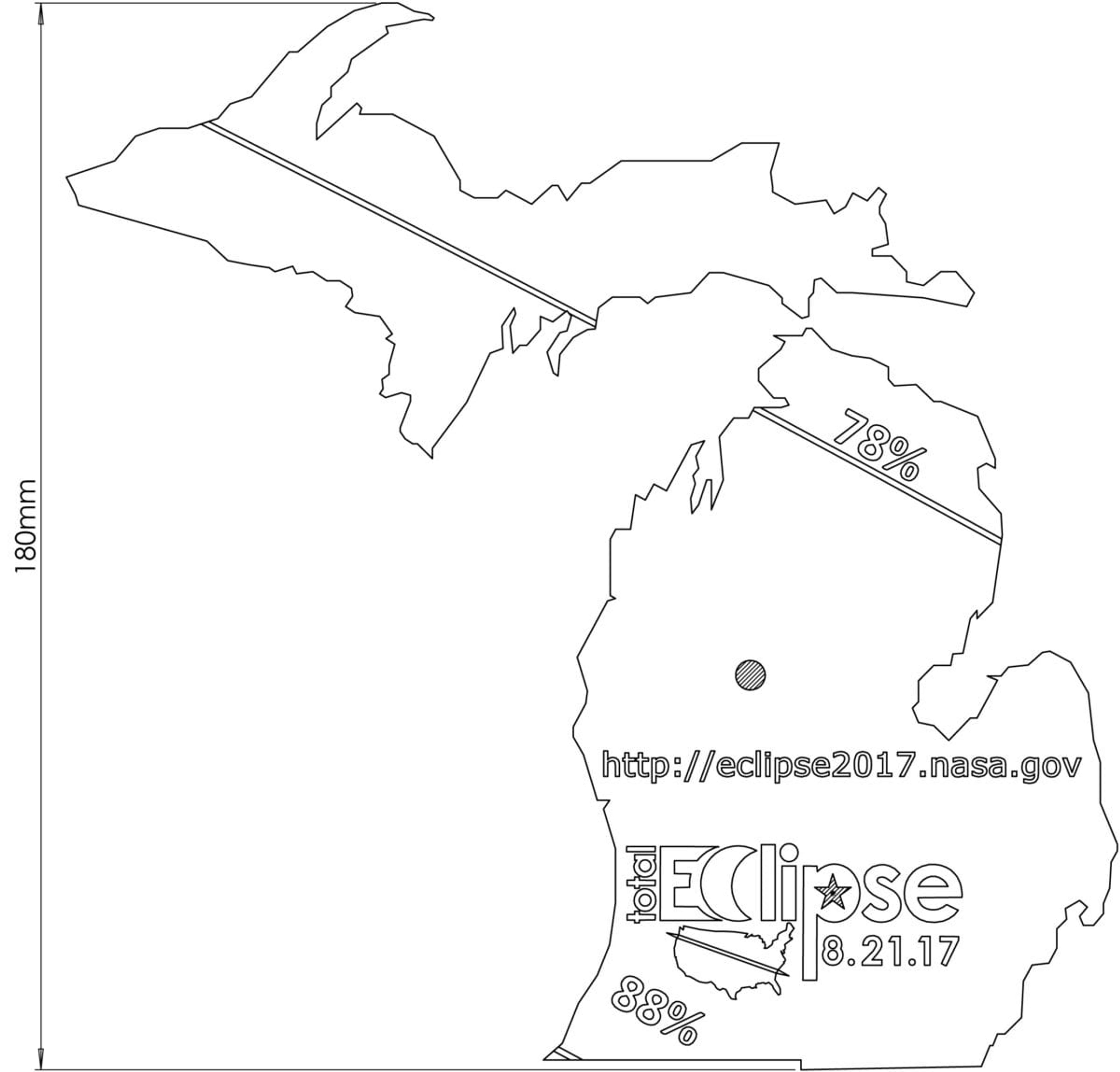Your Guide to Safely Viewing the 2017 Solar Eclipse in Michigan

Lucy Ciaramitaro
| 2 min read

On Monday, Aug. 21, 2017 a total solar eclipse is expected to span across 14 states in the U.S. for the first time since 1918. Michiganders will be able to see a partial eclipse from 1 p.m. until 3:47 p.m. EST when 80 to 90 percent of the sun will be covered by the moon. The peak eclipse (when the moon is closest to the center of the sun) is at 2:27 p.m.
Michiganders who are planning to view this rare sight, however, need to take precautions to protect themselves from serious vision issues, including permanent blindness.
5 Quick Tips to Protect Your Eyes
- Looking at the sun without eye protection can result in eye damage called solar retinopathy. This can lead to permanent damage to your vision.
- Regular sunglasses, no matter how dark, are not strong enough to protect your eyes when looking at the sun and eclipse.
- According to NASA, the only safe way to look directly at the uneclipsed or partially eclipsed sun is through special-purpose solar filters, also known as “eclipse glasses” or hand-held solar viewers. The American Astronomical Society recommends people ensure their glasses are ISO certified and come from reputable vendors that are verified and listed on its website, eclipse.aas.org.
- Do not look at the eclipsed or partially eclipsed sun through an unfiltered camera, telescope, binoculars or other optical device.
- Other safe ways to enjoy the eclipse include watching NASA’s live stream making an eclipse viewing box. Note: when using an eclipse viewing box, do not look through the pinhole at the sun—look only at the image on the paper.

NASA has free downloadable templates to create a pinhole projector out of paper or card stock in the shape of your state.
NASA also has free 2D and 3D printable pinhole projector templates in the shape of all 50 states available. Check out the Michigan template here.
An estimated 4 million eye injuries occur every year in the United States. Though the sun is most often associated with skin health, it also poses a potential threat to vision.
Ahead of Michigan’s upcoming partial solar eclipse, keep in mind these simple steps to protect your eyes.
Photo Credit: Think Stock (feature), NASA (thumbnail)





